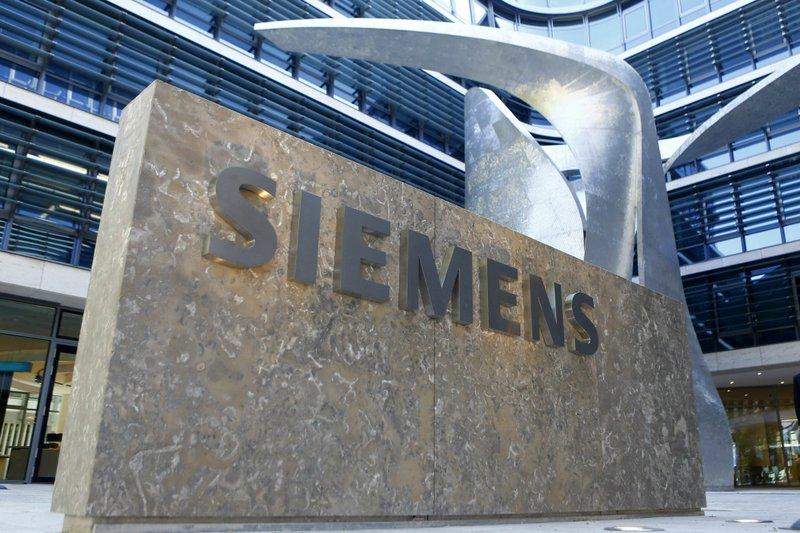FRANKFURT, Germany—German industrial equipment maker Siemens says it will cut some 10,000 jobs in a major restructuring that will involve spinning off its oil, gas and power generation business and creating new areas of growth.
News of the moves to increase profitability and address the struggling power business sent the company’s share price up 4.6% to $120.20 (107.30 euros) in morning trading in Europe on Wednesday, May 8.





